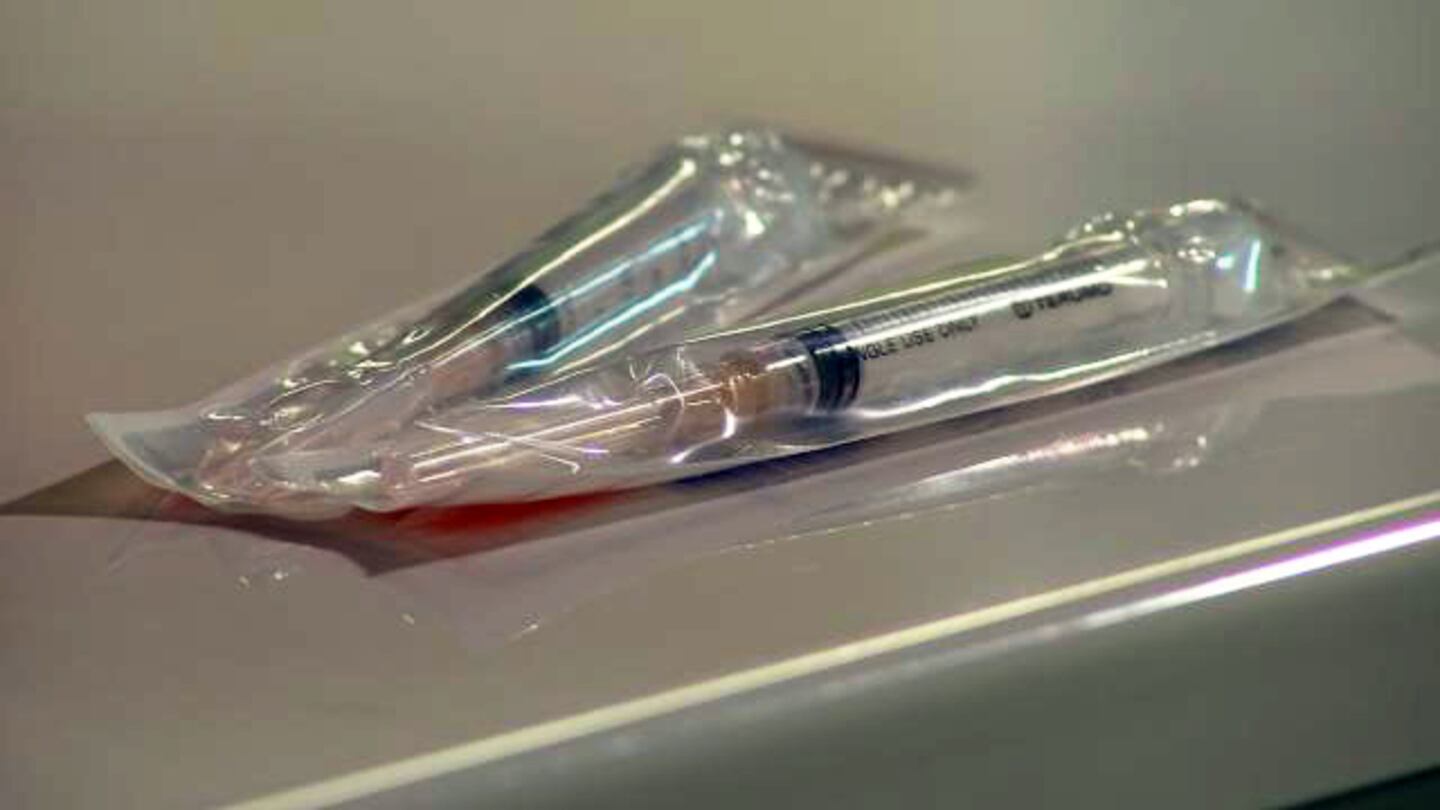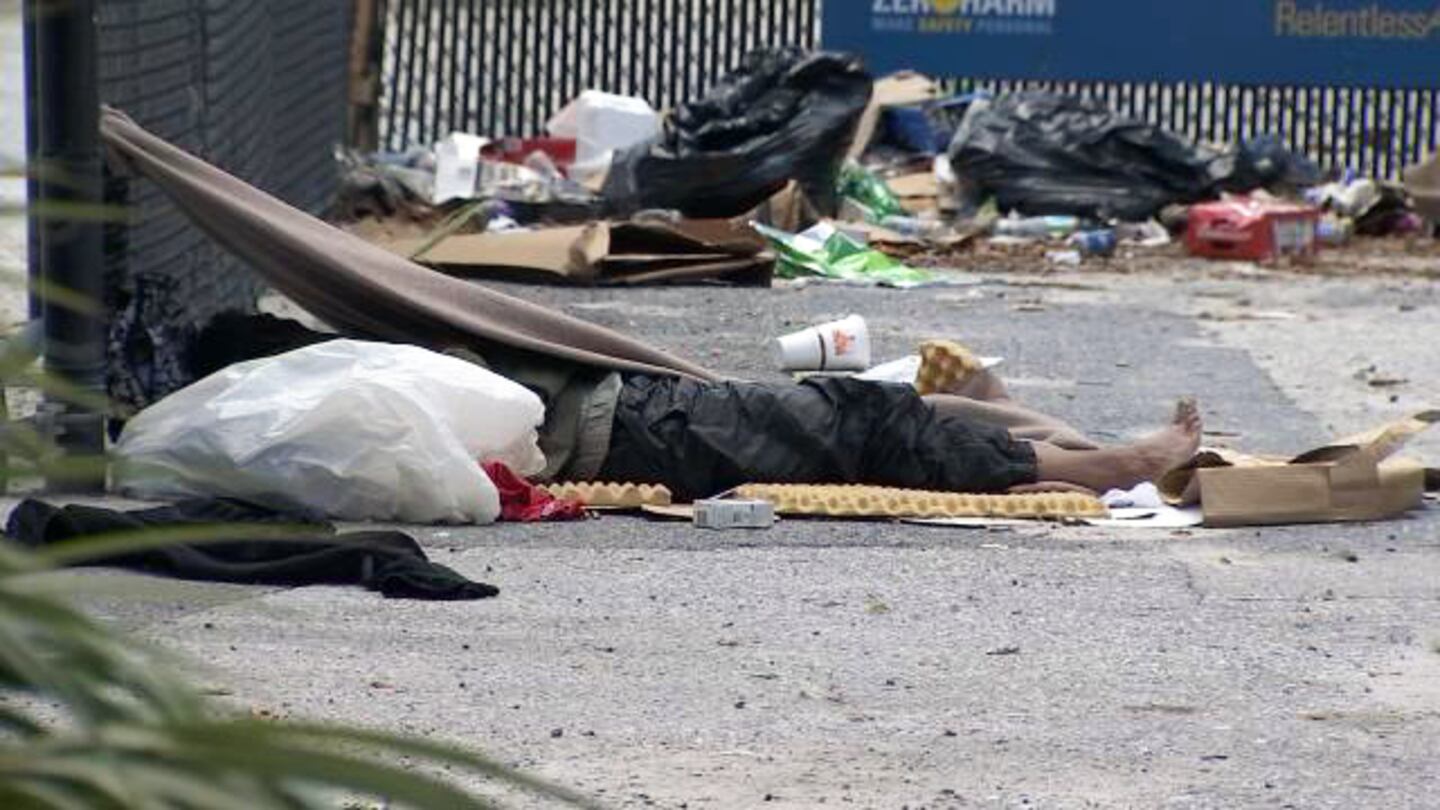ORANGE COUNTY, Fla. — The University of Central Florida College of Medicine said it would like to create a needle exchange program for drug users.
Florida Gov. Ron DeSantis signed a new law last month allowing drug users to exchange used needles for new ones to try to thwart the spread of HIV.
Miami and Orlando lead the nation in new HIV diagnoses.
TRENDING NOW:
- Newborn baby attacked, killed by family dog, sheriff says
- 'They don't deserve this': Mother, daughter killed in Deltona double murder-suicide
- Recall alert: Hot dog, hamburger buns, rolls recalled, sold at Walmart, Publix, Piggly Wiggly
- SeaWorld guests seek answers after rain floods parking lot, damages vehicles
"What we're seeing is really worrisome -- the intersection of the opioid crisis and now a spike in HIV and hepatitis C cases," said Dr. Caridad Hernandez, of UCF's medical school.
In January, UCF medical students and staff member began hosting monthly clinics to vaccinate and treat the wounds of homeless people.
The university said it would like to exchange needles at its future clinics.
"What we've seen are a number of abscesses, cellulitis, which is infection associated with drugs," said William Fraser, a UCF medical student. "The needle exchange would be beneficial to take needles off the streets but also for (treating) these infections."
Naloxone, a drug used to reverse opioid overdoses, is dispensed at a needle exchange program in Miami.
UCF said it would have to rely on private donations to fund a needle exchange because it may not be paid for by state and federal money.
Opponents said needle exchanges conflict with state law, which forbids the possession of drug paraphernalia.
Hernandez said it is a promising solution.
"The program in Miami removed 250,000 dirty needles from circulation in three years," she said.
Doctors and students who host needle exchanges are required to educate drug users about bloodborne diseases.
UCF said it would partner with the Florida Department of Health to do so.
The program would require the approval of the Orange County Board of County Commissioners.
DOWNLOAD: Free WFTV News & Weather Apps
Not near a TV? Click here to watch WFTV newscasts live
Cox Media Group







